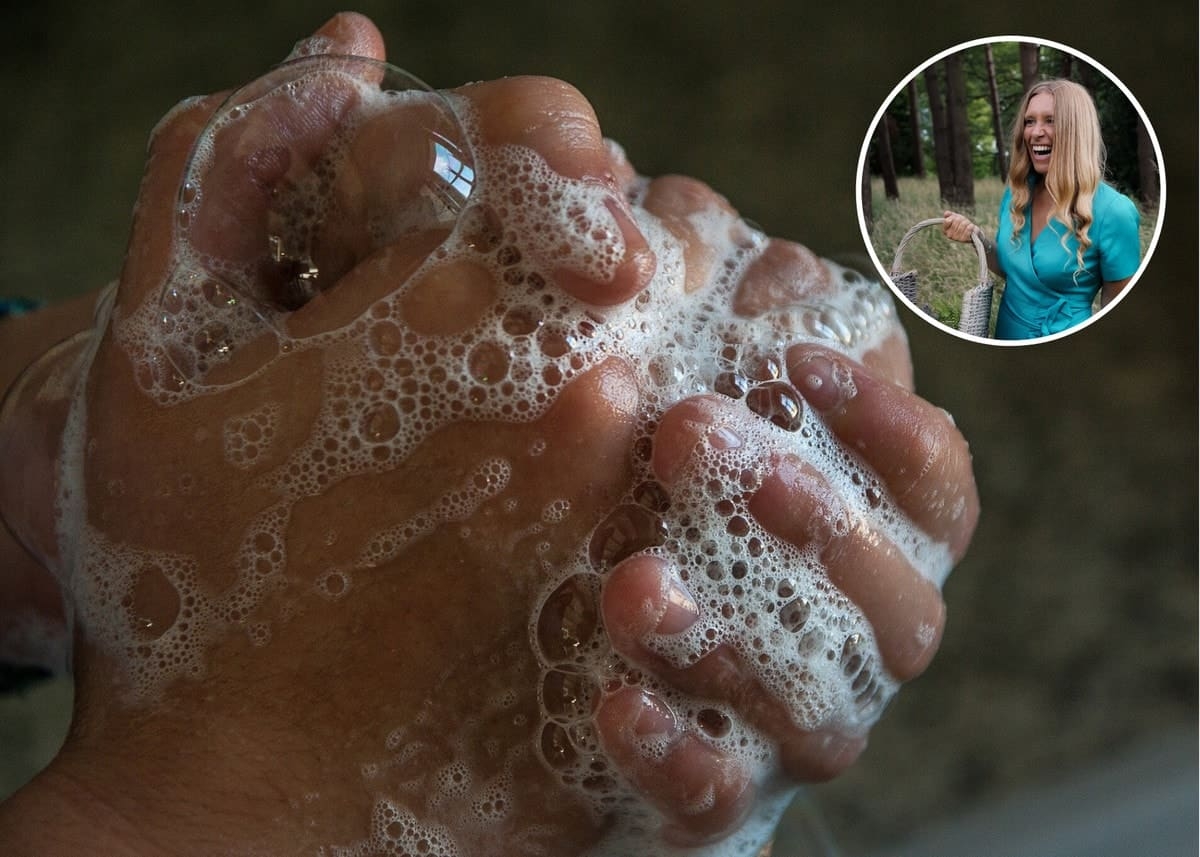
Coronavirus: how to soothe dry & sore hands from frequent hand washing
By Zoe Wickens | 21 March 2020 | Expert Advice, Feature

Rigorous hand washing and sanitising during this coronavirus pandemic can leave your hands feeling dry and sore. Author and skin healing expert, Hanna Sillitoe, offers Scratch readers some hand-saving tips that mean no one has to suffer or compromise on hygiene.

Hanna Sillitoe
Regularly and thoroughly washing your hands is one of the most important things you can do to safeguard yourself and others in the midst of the current COVID-19 pandemic.
However, with people now becoming more vigilant in washing and sanitising their hands multiple times an hour, many are starting to suffer from dry, cracked, red and sore skin as a result.
With these safety measures likely to be in place for months to come, the unpleasant side-effects shouldn’t be a reason to lessen your efforts. However, there are things you can do to minimise the impact on your skin while maintaining high levels of hygiene, particularly if you suffer from contact dermatitis, eczema or psoriasis.
Be soap safe
Soap and water is the gold standard for hand washing when it comes to preventing the spread of infection. Avoid hand washes that contain ingredients such as Sodium Lauryl Sulphate (SLS) and triclosan. There are many brands that have great anti-bacterial products but are less harsh on skin. Look for a hand soap free from synthetic detergents and preservatives. Most natural washes come fortified with ingredients which keep skin feeling soothed and soft.
Pat don’t rub
Pat your hands dry with a soft cotton towel after washing. Ensure they’re fully dry, but don’t rub the skin, which can break the surface and irritate the skin further.
Ditch the perfumed products
While fragranced hand creams and hand washes may smell nice or look pretty in your bathroom cabinet, the priority is removing germs and protecting the skin. So, if your hands are suffering, consider opting for fragrance-free or a fragrance that’s certified declarable allergen free.
Sanitiser sanity
According to Public Health England, a hand sanitiser should have a 60% or higher alcohol content to kill viruses effectively. However, frequent and repeated use of hand sanitisers can most definitely aggravate sensitive skin, causing prolonged irritation and chronic dryness. The advice is to use it only when soap and water are not available.
Use a natural hand cream
While thick hand creams seem to offer relief from painfully chapped skin, petroleum and other chemicals used in cosmetic emollients may be making the problem of sore hands worse. Switching to a cream full of natural botanicals will help to replace some of the oils that have been stripped through perpetual cleansing, without blocking the skin’s own ability to replenish.

Read the latest issue








